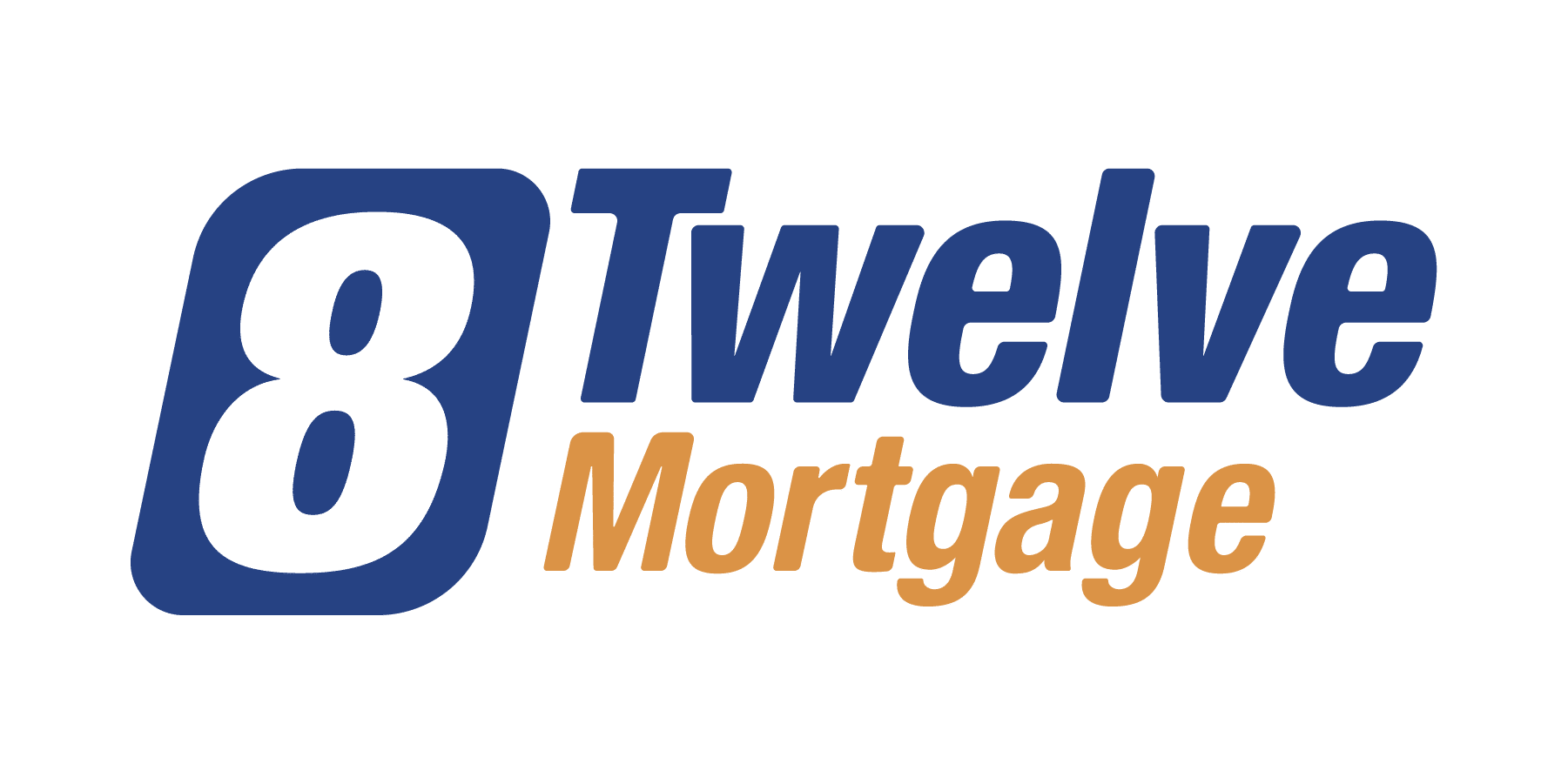Home Equity Loans in British Columbia.
Home equity loans in British Columbia gives you the flexibility to obtain quick cash. If you are looking for funds to invest in home renovations, miscellaneous purchases, consolidating debts, or paying off your expenses, we have the resources to offer you to help you make your decision. Home equity loans require that you have equity in your home to essentially fall back on to help you obtain a loan from a lender. You need to be a home owner in Alberta to be properly considered for a home equity loan in British Columbia. In British Columbia, you have many lenders to choose from to to help you find the right home equity loan. You'll notice that most lenders' application process for a home quity loan in British Columbia is quick and easy. You can expect to receive a quick approval as long as you meet their minimum requirements. At Smarter Loans, we've cut out the middleman by connecting you directly to the lender. There are 2 options that you can choose from: pre-apply with Smarter Loans, and we will connect you with a lender that best suit your needs or alternatively, you can choose from one of many options in the table below. Once you are ready to move forward with a lender, simply click "Apply Now" next to their listing which will then take you to their web application.























